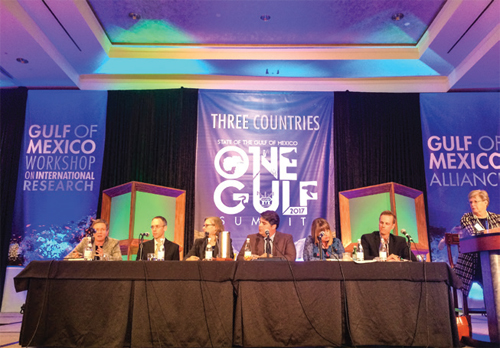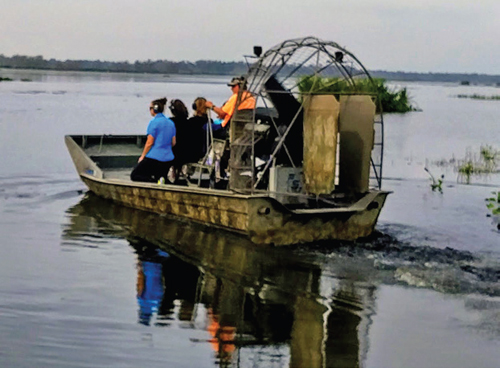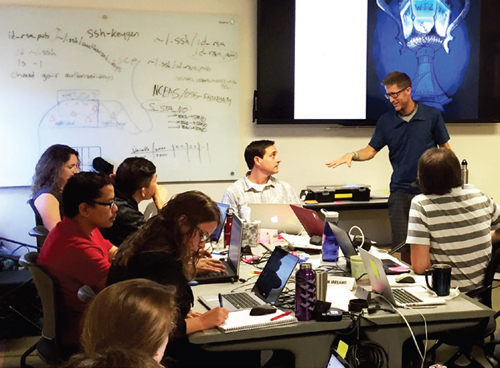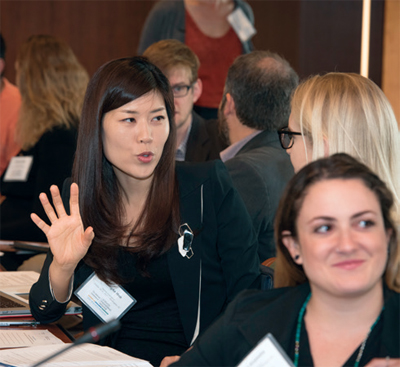Other Activities
The GRP provides support for various other activities that help foster the science, collaboration, and capacities needed to bring about significant and lasting benefit for the Gulf region and the nation.
National Academies Consensus Studies and Workshops
Supporting National Academies work relevant to our focus areas develops knowledge around a variety of topics that advance our mission. In 2017, there were six consensus studies and two workshops under way for which the GRP provided full or partial funding.
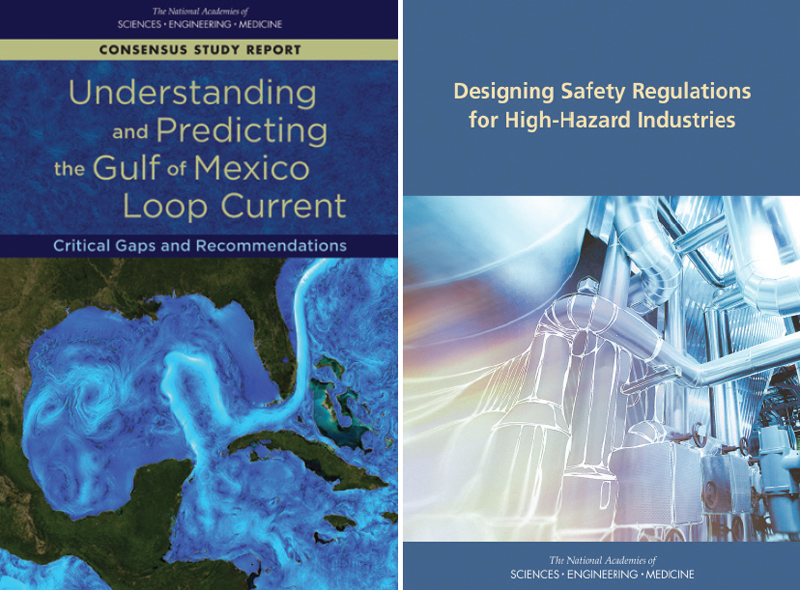
Consensus Studies
- Understanding and Predicting the Gulf of Mexico Loop Current: Critical Gaps and Recommendations: This GRP-led study aimed to identify existing knowledge gaps about the Gulf of Mexico Loop Current System and provide recommendations for a suite of complementary efforts that could be undertaken to fill these gaps. The study was completed in 2017 with the report published in 2018.
- Designing Safety Regulations for High-Hazard Industries: A study to examine key factors relevant to government safety regulators when choosing among regulatory design types, particularly for preventing low-frequency, high consequence events. Led by the Transportation Research Board, the study was completed in 2017 with the report published in 2018.
- Evaluation of the Use of Chemical Dispersants in Oil Spill Response: A comprehensive synthesis to assess the effects and efficacy of dispersants as an oil spill response. The study is being led by the Ocean Studies Board and will be completed in 2018.
- Long-Term Coastal Zone Dynamics: A study to identify what research is needed to improve the understanding of interactions and feedbacks between physical processes and coastal development along the U.S. Gulf Coast. The study is being led by the Board on Earth Sciences and Resources and will be completed in 2018.
- Measuring Community Resilience: A study to determine effective ways to measure the resilience of a community to natural hazards and other disruptions. The study is being led by the Office of Special Projects and will be completed in 2018.
- The Science of Effective Mentoring in Science, Technology, Engineering, Medicine, and Mathematics (STEMM): A study to examine STEMM mentoring programs and practices at the undergraduate and graduate levels to assess the success of programs for mentoring individuals traditionally marginalized in STEMM fields. The study is being led by the Board on Higher Education and Workforce and will be completed in 2019.
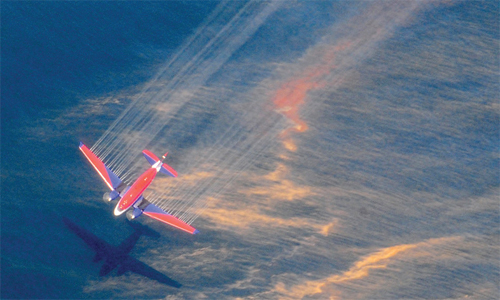
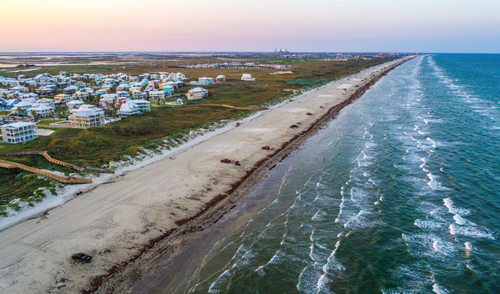


Workshops
- The Human Factors of Process Safety and Worker Empowerment in the Offshore Oil Industry: A workshop to explore human factors of process safety and worker empowerment in relation to the offshore oil industry. The workshop is to be held by the Board on Human-Systems Integration in 2018.
- Preparing for a Rapid Response to Major Offshore Oil Spills: A workshop to explore key research and data needs for improving the public health response and protection during and after oil spills. The workshop was led by the Board on Health Sciences Policy and occurred in 2017. A Proceedings of a Workshop—in Brief was published in 2017.
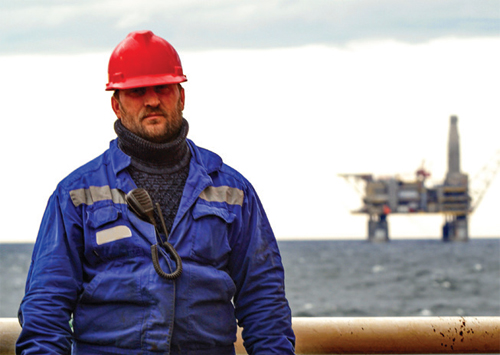
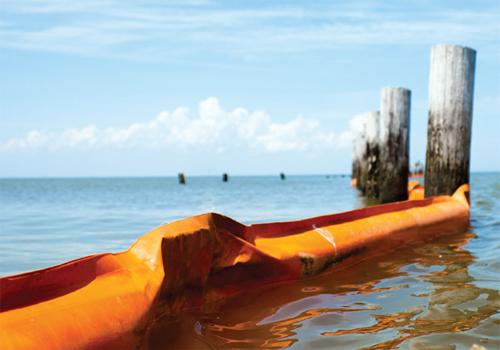
Outreach, Engagement, and Collaboration
In 2017, various efforts occurred to help us communicate, collaborate, and engage more effectively with our stakeholders on topics relevant to accomplishing our mission and vision. Highlights include:
- Starting a stakeholder engagement process on the development of a suite of larger, interrelated, long-term investments for the Gulf of Mexico region that we will begin launching over the next few years and that will continue to be implemented for the remainder of the GRP’s 30-year lifespan.
- Sponsoring two conferences focused on the science relevant to the Gulf of Mexico region: 2017 Gulf of Mexico Oil Spill & Ecosystem Science Conference and the State of the Gulf Summit 2017.
- Sponsoring a hands-on data science course for researchers to gain skills in data science—including scientific synthesis, reproducible science, and data management—and learn how to apply those skills to projects focused on the Gulf of Mexico’s human, environmental, and energy systems.
- Partnering with the National Academies Keck Futures Initiative (NAKFI) to provide 21 interdisciplinary seed grants totaling $1.55 million to support unique collaborations in research and social engagement around deep ocean science.
- Launching a social media presence for the GRP on Facebook and Twitter.
- Refining communications materials and background information about the GRP to make it more understandable to external audiences and provide further clarity about our long-term vision and program focus areas. This included the development of revised mission and vision statements, re-characterization of program initiatives, reorganization and enhancement of website content, and improvement of information about funding opportunities.
